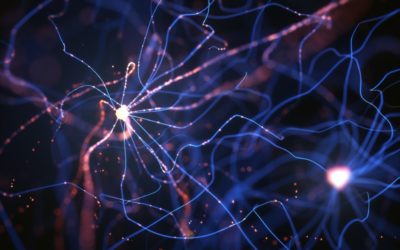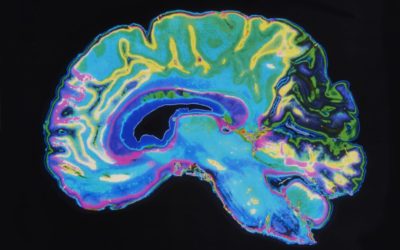Quick Hits
Daily brief research updates from the cognitive sciences

I just couldn’t resist reviewing this piece of research, from a few years ago, after I stumbled across this (likely because some background algorithm had recommended it to me based on my other Quick Hit yesterday on caffeine). And no, I do not have any financial interests in the coffee industry.
So how on earth and in what way can coffee make teams in business more effective?
The researchers at Ohio State University conducted two experiments in the guise of a coffee tasting experiment complemented with a discussion with undergraduates. The caffeinated coffee was given before or after a discussion task that had been assigned, or supplemented with decaffeinated coffee.
What happened?
In the first experiment they found that those who had had caffeinated coffee rated themselves and others in their discussion group more positively. This points to higher team cohesion and satisfaction with the team and, at least, subjective better “performance”. This seemed to be due to alertness because their self-ratings on alertness were higher than those who didn’t drink coffee in advance.
Of more interest is that an analysis of the group discussion showed that those who had drunk caffeinated coffee talked more, which may be good or bad, but they also stayed on topic more, which is definitely good.
This therefore suggest that caffeinated coffee
- Increases team positivity
- Increases team performance ratings
- Increase communication
- And increases time on task
All too good to be true?
Well, it would need to be followed up. Maybe time of day would make a difference, or the same effect could be achieved with other stimulants. However, as the research has shifted over the years to seeing the benefits of coffee, maybe a good cup of coffee would be more than beneficial for your next team meeting.
Investing in a quality coffee machine also●

Andy Habermacher
Andy is author of leading brains Review, Neuroleadership, and multiple other books. He has been intensively involved in writing and research into neuroleadership and is considered one of Europe’s leading experts. He is also a well-known public speaker speaking on the brain and human behaviour.
Andy is also a masters athlete (middle distance running) and competes regularly at international competitions (and holds a few national records in his age category).
Reference
Vasu Unnava, Amit Surendra Singh, H. Rao Unnava.
Coffee with co-workers: role of caffeine on evaluations of the self and others in group settings.
Journal of Psychopharmacology, 2018; 026988111876066
DOI: 10.1177/0269881118760665
More Quick Hits
Why Too Much Talent May Harm Performance
This may sound like a strange thing to say – but talent and team coordination are different things…
How Nutrition Can Increase Motivation – In the Brain
Fascinating study on how antioxidants (and therefore also nutrition) in the brain can increase motivation…
Mindfulness Intervention as Effective as Drugs in Anxiety Disorders
An important study showing how mindfulness is as effective as medication – without the side effects…
New Insights into How the Teenage Brain Develops
Teenagers’ brains go through substantial changes – and now we know more of some of these…
Screen Time Boosts Wellbeing in Teenagers!
Screen time is considered a modern technological evil – maybe not so for teenagers…
Taking Photographs of Slides Improves Memory of Presentations
Taking pictures has been shown to reduce memory – but this study shows the opposite…






